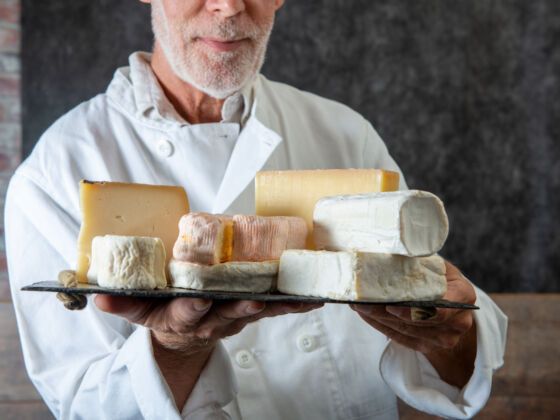FOR THE past four years I’ve lived in the French Alpine town of Les Deux Alpes. In that time there have been many things I’ve learned to appreciate about French culture. Here are 11 of those which I think could benefit people everywhere.
1. Subsidized after-school activities
Everybody knows the importance of children keeping active, but for many parents, it can be hard to find the extra time or resources to make it happen. France solves this with a huge network of subsidized clubs, providing children with low-cost access to sports and other activities. Sports clubs are regulated by the many French sports federations with acronyms beginning FF. There is at least one for each sport, and these invest heavily in young athletes’ development in the hope of finding future champions. For less sporty pastimes, most towns have a Maison des Jeunes et de la Culture (youth and cultural center), subsidized by local taxes, which offers all sorts of classes to children, teenagers, and sometimes adults.
